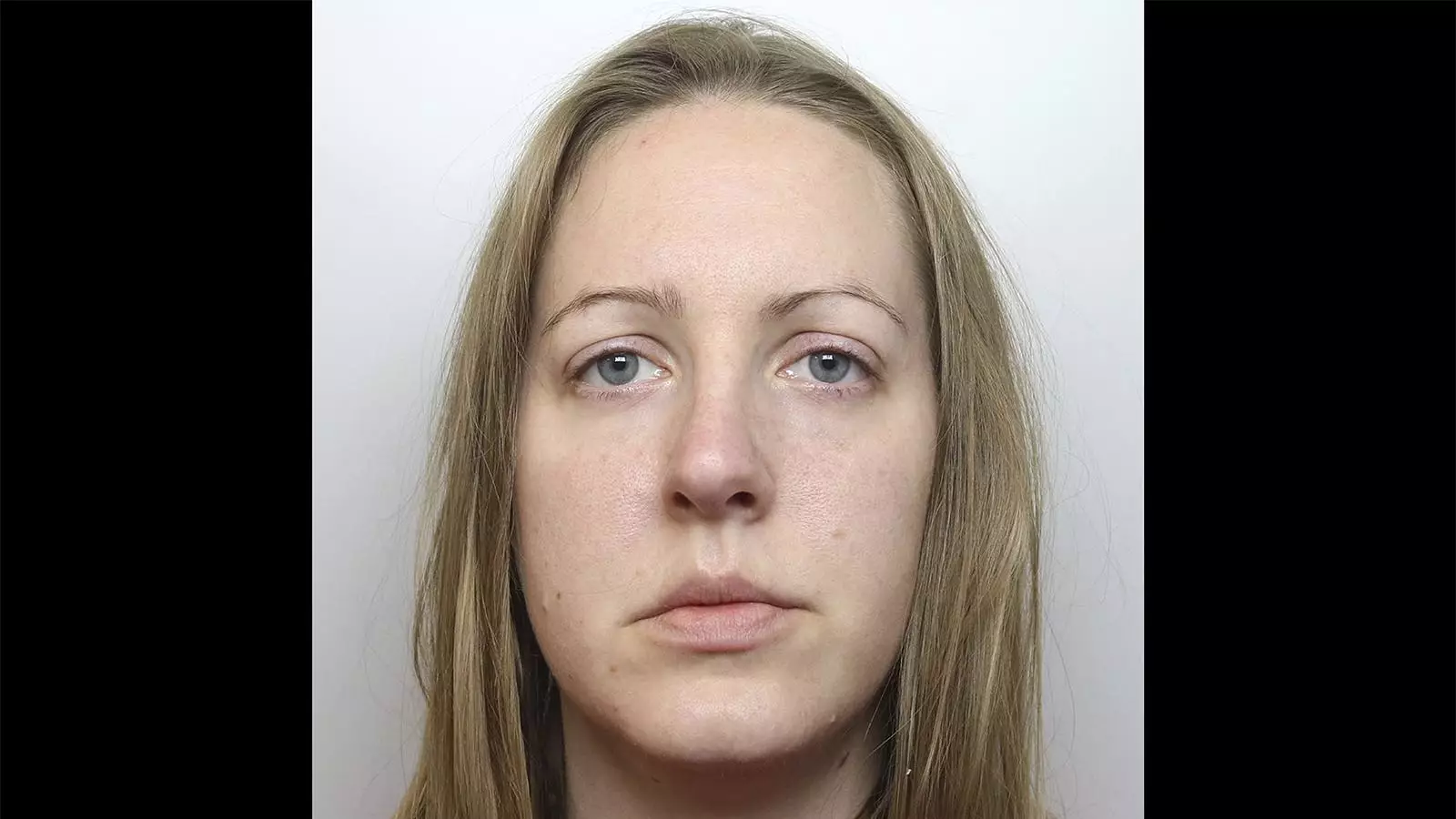The case of Lucy Letby, a former neonatal nurse convicted of murdering seven babies and attempting to murder seven others, has once again found itself in the spotlight. As the legal proceedings have unfolded, new revelations have emerged that challenge the very foundation of the prosecution’s case. Attorney Mark McDonald announced plans to petition the appeals court to reconsider Letby’s convictions based on significant changes from the prosecution’s primary medical expert, Dr. Dewi Evans. This unprecedented shift raises questions not only about the integrity of expert testimony in legal cases but also about the broader implications for justice in the healthcare sector.
Dr. Evans, whose testimony was pivotal in framing Letby as a “constant malevolent presence” responsible for the tragic deaths of vulnerable infants, has now expressed a reversal in his stance regarding how several babies died. Originally asserting that air was injected into their systems via a nasogastric tube—an assertion that aided in the prosecution’s case—Evans’ new opinion casts doubt on his previous conclusions. McDonald argues that this about-face from the prosecution’s lead expert compromises the reliability of all convictions against Letby, asserting that they are now unsafe.
The significance of this development cannot be overstated. Forensic experts hold substantial influence in criminal trials, particularly in cases involving complex medical evidence. Dr. Evans’ role was not only to provide insight into the medical conditions leading to the infants’ deaths but also to establish a narrative of deliberate malice by Letby. The fact that he has reconsidered his opinions suggests a profound vulnerability within the judicial process, particularly in cases that require specialized knowledge.
Defense attorney Sean Caulfield noted the rarity of such a scenario unfolding—an expert shifting their opinion post-verdict and the subsequent request to reopen an appeal. Historical precedence indicates that appeals based on expert testimony are challenging to succeed. Yet in Letby’s case, the intersection of medical expertise and judicial scrutiny may result in a new chapter for the disgraced nurse, whose conviction has raised alarming questions about the safety of the judicial outcome.
The Broader Implications of Letby’s Case
Letby’s legal turmoil has prompted extensive discussions regarding the reliability of evidence used in court, particularly when it stems from technical and scientific domains. In a landscape where wrongful convictions are increasingly scrutinized, this case stands as a testament to the fragility of the system. The current inquiry into the institutional failures that may have contributed to the deaths of the infants only adds to the urgency for a comprehensive reassessment.
Additionally, a coalition of scientists, doctors, and legal experts have voiced concerns over the vulnerabilities within legal frameworks, particularly how they deal with complex medical evidence. Their warnings prompt a reevaluation of how expert opinions are utilized in court, especially when statistics and medical anomalies are at play.
As the shadows of doubt loom over her convictions, Letby continues to maintain her innocence, steadfastly claiming that she posed no threat to the infants under her care. This situation complicates the public narrative surrounding the case and raises significant concerns about the presumption of guilt in high-stakes medical malpractice trials.
The defense’s claim that additional medical perspectives are being sought from a global cadre of 15 experts adds further complexity to an already convoluted case. Their goal is to unravel the conceptual framework constructed by the prosecution and critique the notions of causality employed to implicate Letby in these tragic events.
The road ahead remains fraught with uncertainty as a new appeal looms on the horizon. The possible implications of Dr. Evans’ revised testimony could ideally provide Letby with a fighting chance to reverse the narrative that currently defines her. Yet while the defense seeks to dismantle the framework of evidence against her, questions regarding expert reliability and the justice process itself persist. This case not only impacts the lives of those involved but also serves as a crucial juncture for discussions about safeguarding against judicial error in future medical malpractice cases. The outcome of this appeal may very well shift paradigms within the intersection of law, medicine, and ethics in Britain and beyond.

Leave a Reply